The Government of the Lao PDR has committed to improving the quality of basic education, enrolling all children and keeping them in school, and improving education financing. Prime Minister Sonexay Siphandone read the National Statement of Commitment to Accelerating Learning Recovery at the first Lao Human Capital Summit today.
Human capital is the knowledge, skills, and health that people accumulate throughout their lives, enabling them to reach their potential as productive members of society. Laos currently has a low human capital ranking, and this first Lao Human Capital Summit sought agreement on how the country can boost its opportunities by investing in its people early, investing efficiently and investing for all.
The summit brought together central and provincial government leaders, under the guidance of the prime minister and the Ministry of Planning and Investment, along with education experts, development partners, civil society and the private sector, to reassess how Laos can accelerate learning and allocate enough resources to bring its schools and learning outcomes up to the standard needed to build a strong economy.
Prime Minister Sonexay told the meeting, “Human capital is a decisive factor in our socio-economic strength and sustainability. The government of the Lao PDR is fully committed to ensuring quality education for all children as defined in the Ninth National Socio-Economic Development Programme. The goal is to ensure an education system that can develop human capital with knowledge, skills, health, and a love of lifelong learning, thereby creating people who can contribute significantly to the development of society”.
Ms Pia Britto, UNICEF Country Representative, explained that Laos currently has a very low human capital ranking relative to its neighbours and economic potential. “The Lao Human Capital Agenda champions investment in people as a growth strategy for the country. When a child born in the Lao PDR today grows up, she will be less than half as productive as if she enjoyed complete education and full health. This is something that must be addressed to ensure a prosperous future”.
Mariam Sherman, World Bank Country Director for Myanmar, Cambodia, and the Lao PDR, told the meeting that the COVID-19 pandemic hit education hard in Laos, with a World Bank survey showing that almost 42% of children stopped attending classes during lockdowns. “A critical challenge facing the country now,” she said, “is how to help children and students catch up with their learning at a time when the economy is struggling”.
At the summit, the government and its partners discussed a national Human Capital Agenda, which will promote investment in the formative years of life for every Lao citizen. By providing basic health care, adequate nutrition, clean water and sanitation, and access to quality education, the country can offer all its people the chance to develop to their highest capacity.
For more information,kindly visit www.worldbank.org/news
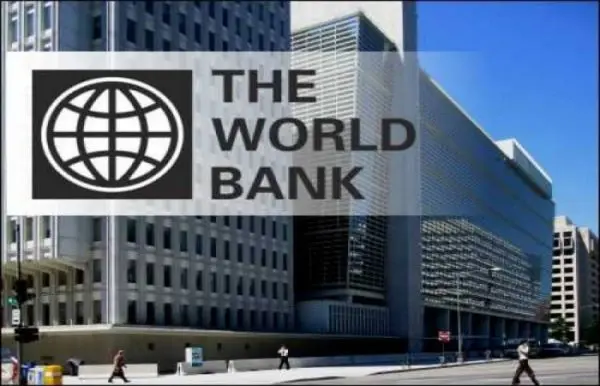
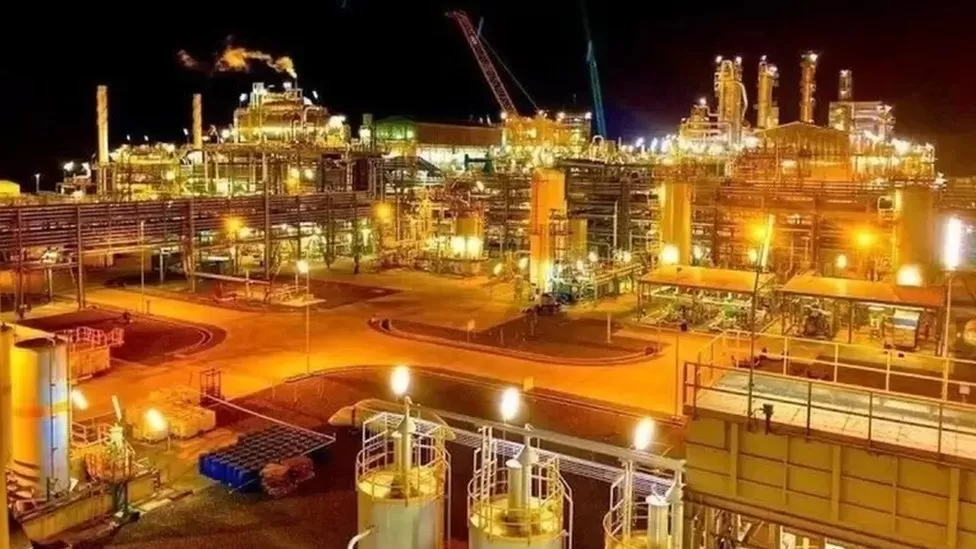
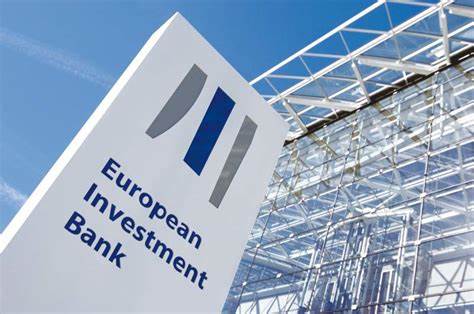
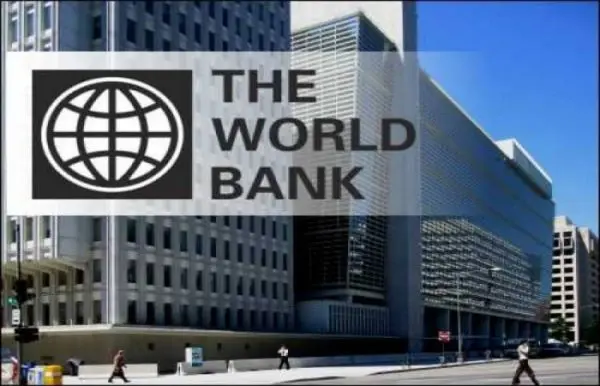
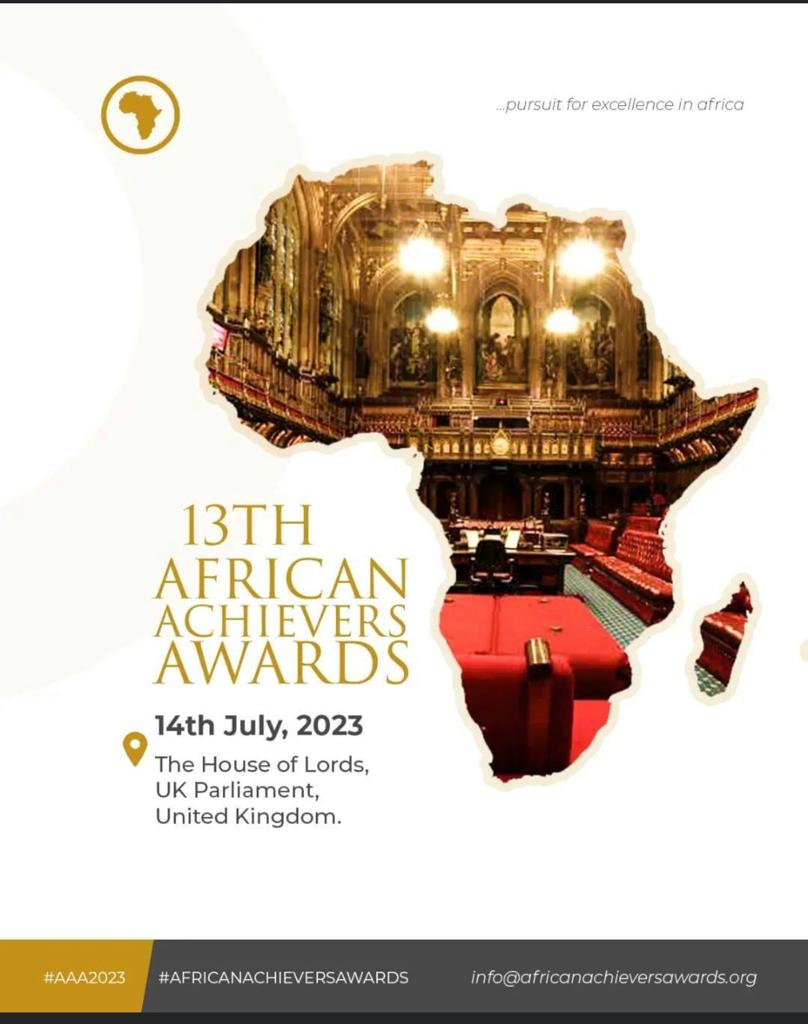

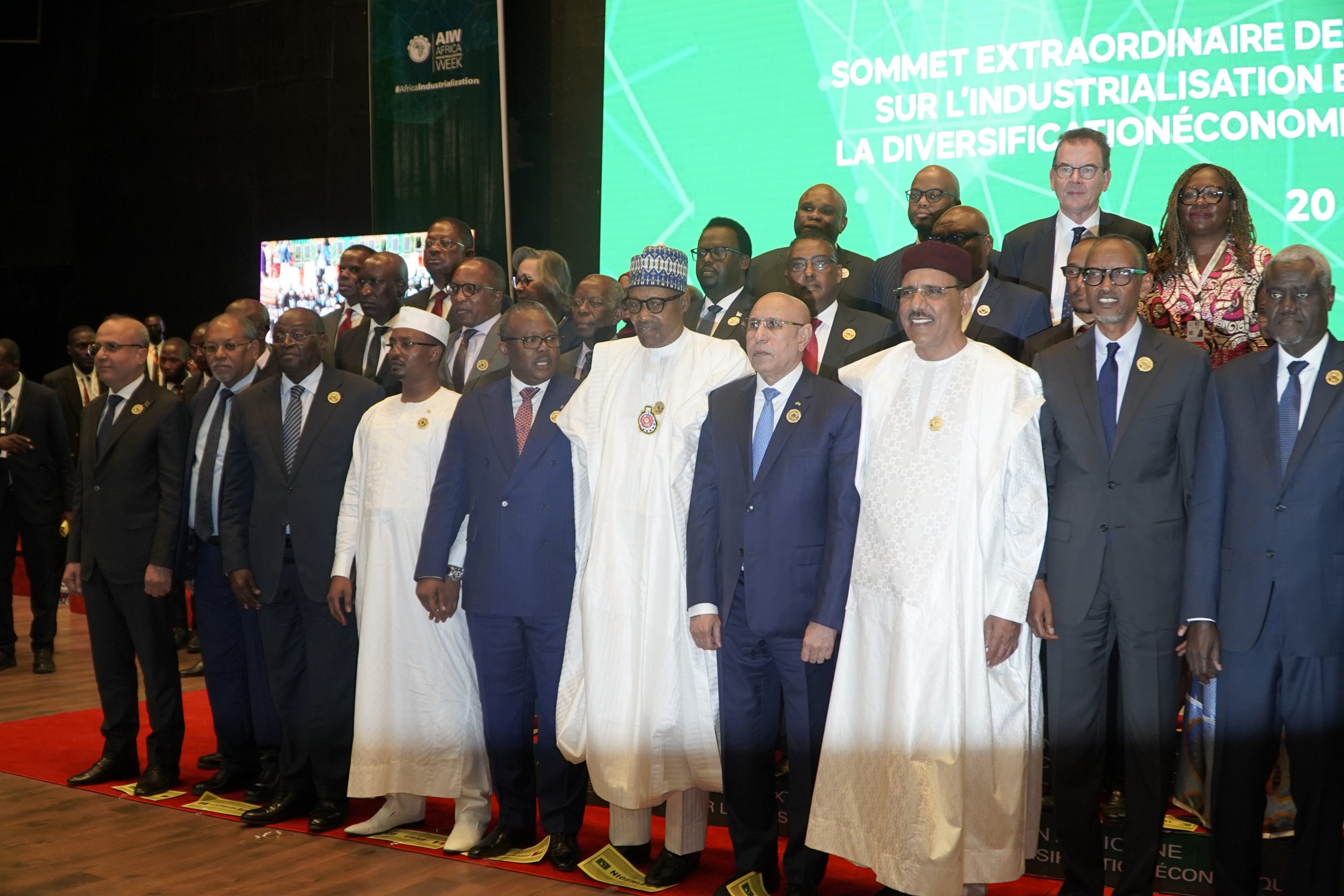
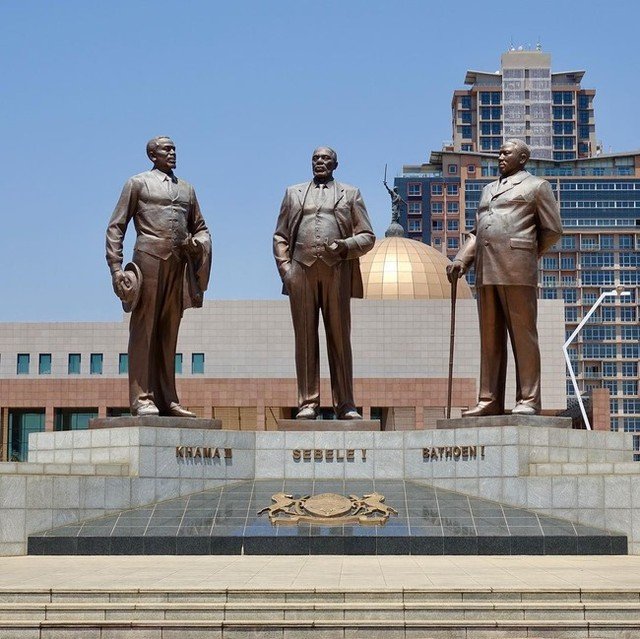

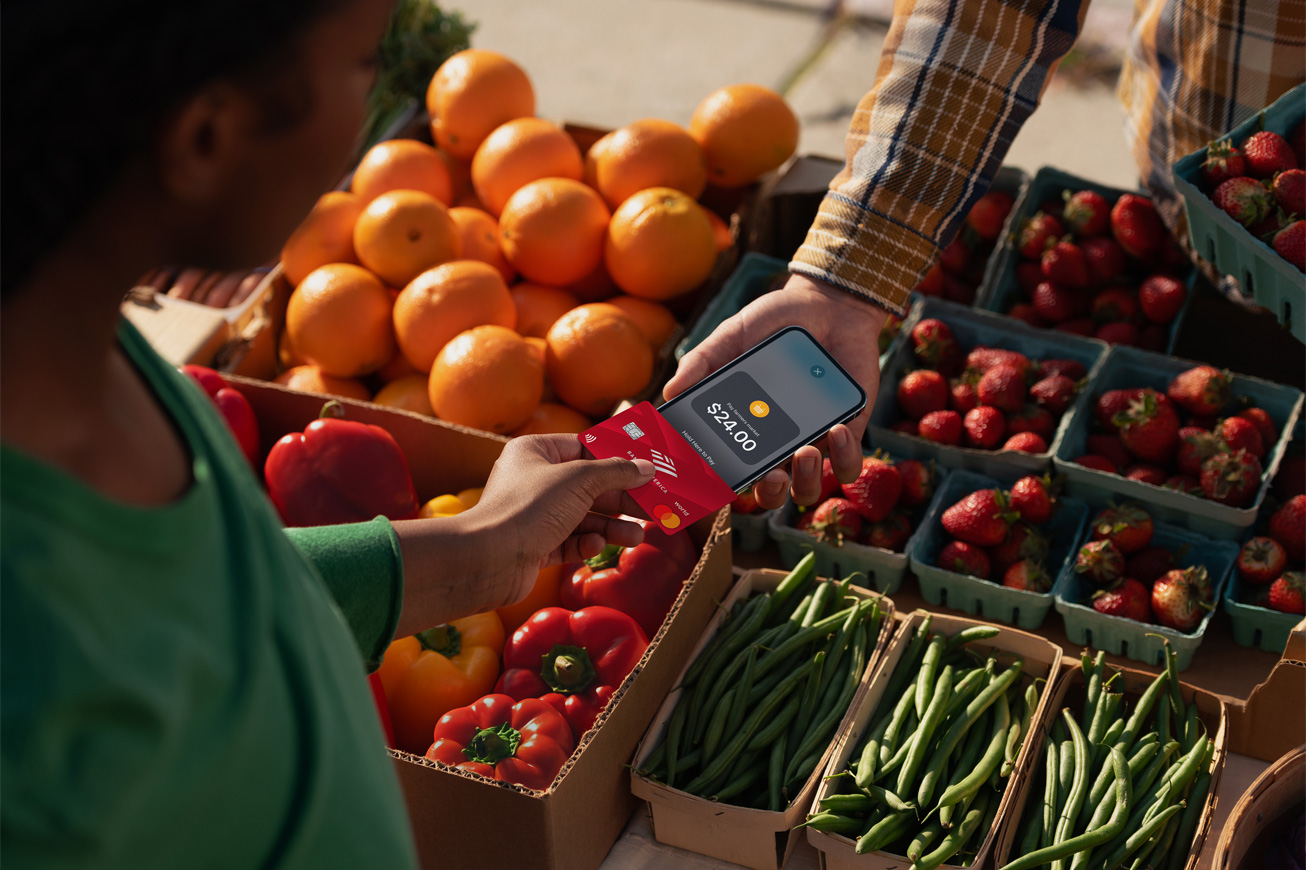
 Once Tap to Pay on iPhone becomes available, merchants will be able to unlock contactless payment acceptance through a supporting iOS app on an iPhone XS or later device. At checkout, the merchant will simply prompt the customer to hold their iPhone or Apple Watch to pay with Apple Pay, their contactless credit or debit card, or other digital wallet near the merchant’s iPhone, and the payment will be securely completed using NFC technology. No additional hardware is needed to accept contactless payments through Tap to Pay on iPhone, so businesses can accept payments from wherever they do business. Apple Pay is already accepted at more than 90 percent of US retailers, and with this new capability, virtually every business, big or small, will be able to allow their customers to Tap to Pay on iPhone at checkout. Tap to Pay on iPhone will also roll out to Apple Store locations in the US later this year.
Once Tap to Pay on iPhone becomes available, merchants will be able to unlock contactless payment acceptance through a supporting iOS app on an iPhone XS or later device. At checkout, the merchant will simply prompt the customer to hold their iPhone or Apple Watch to pay with Apple Pay, their contactless credit or debit card, or other digital wallet near the merchant’s iPhone, and the payment will be securely completed using NFC technology. No additional hardware is needed to accept contactless payments through Tap to Pay on iPhone, so businesses can accept payments from wherever they do business. Apple Pay is already accepted at more than 90 percent of US retailers, and with this new capability, virtually every business, big or small, will be able to allow their customers to Tap to Pay on iPhone at checkout. Tap to Pay on iPhone will also roll out to Apple Store locations in the US later this year.